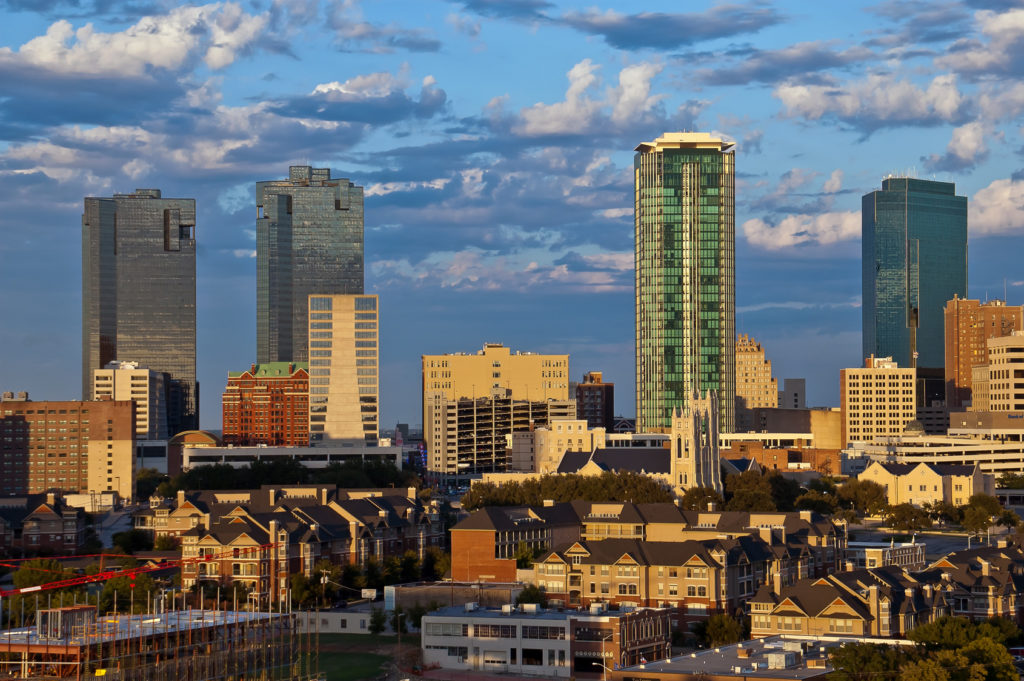What does it mean to be a global city? TIP has been pondering this question since we were engaged to lead a team of consultants charged with preparing a new strategy for the City of Fort Worth.
The question elicits different ideas for different people. For some, a global city is defined by its cultural assets: world-renowned museums, a ballet, the opera. For others, it’s a label reserved for cities that embrace a range of cultures, evidenced by the number of languages overheard on the street and the variety of cuisines reflected in the city’s dining options. Compelling architecture, recognizable landmarks, and a robust transportation system are often cited as necessary conditions by urbanists, while industry specialization and employment opportunities would be top of mind for economists.
The question of image is also relevant here. At some level, does the “global city” designation require that we have some shared notion of the place, derived from a mix of history, film, and word-of-mouth? Paris instantly conjures specific images: the Eiffel tower, fine dining, fashion. There are other cities that have an equally long history or are similar in size or economic importance but have failed to find a place in our collective imaginations.
While there are volumes of research around this question—and no lack of opinions—we place emphasis on three areas: trade, talent, and tradition. By looking at the strength of the traded sector (this includes export-oriented industries that trade in physical goods as well as ideas), the ability to attract and retain creative individuals, and what it means to leverage the heritage of a community, we see the building blocks of a dynamic strategy.
Over the next several months, our team will be engaging community leaders around a vision for Fort Worth that encompasses these elements. While the city’s “Cowboys and Culture” tagline broadens the traditional appeal, there is much more at play. With assets such as Alliance Airport, Sundance Square, and a growing medical sector, the question for the city’s immediate future seems to be less about whether the community will be successful and more about what form that success will take. The longer-term focus then must be more directly on how Fort Worth—separate from Dallas or the rest of the region—can become a global city. Stay tuned to learn more about our work in Fort Worth.



